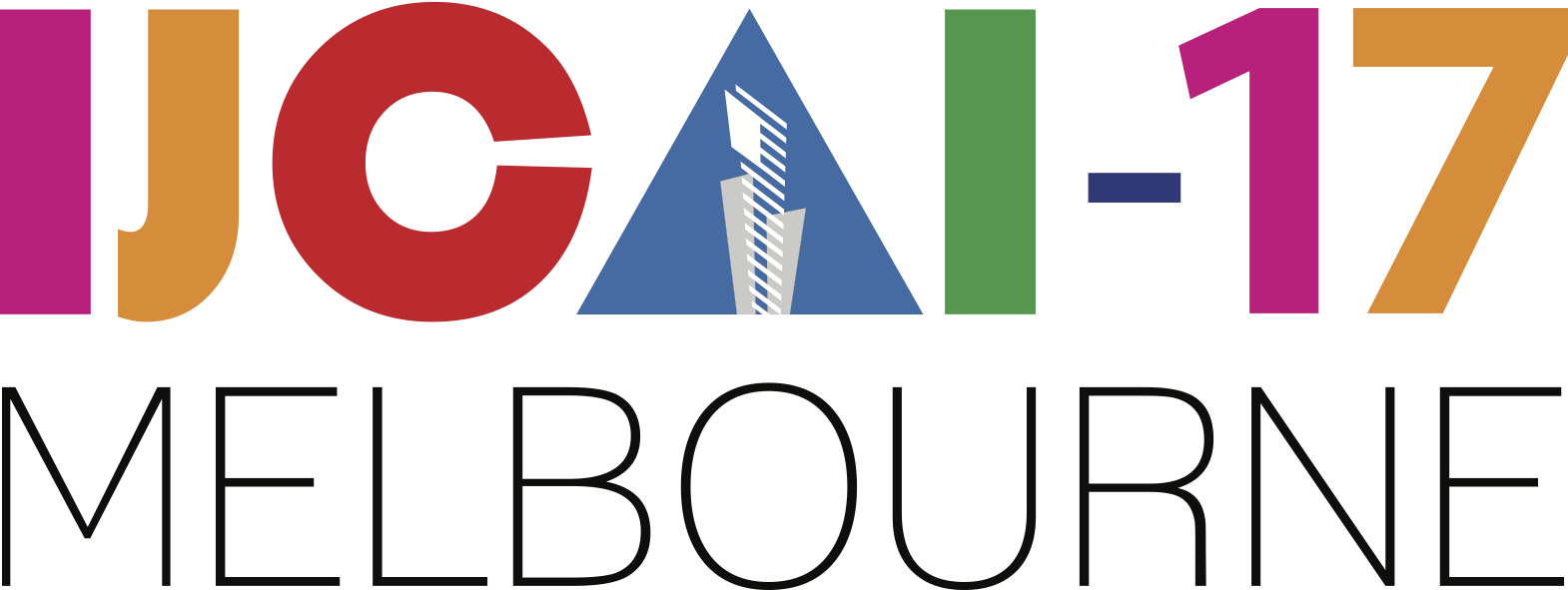Semantics for Active Integrity Constraints Using Approximation Fixpoint Theory
Semantics for Active Integrity Constraints Using Approximation Fixpoint Theory
Bart Bogaerts, Luís Cruz-Filipe
Proceedings of the Twenty-Sixth International Joint Conference on Artificial Intelligence
Main track. Pages 866-872.
https://doi.org/10.24963/ijcai.2017/120
Active integrity constraints (AICs) constitute a formalism to associate with a database not just the constraints it should adhere to, but also how to fix the database in case one or more of these constraints are violated. The intuitions regarding which repairs are “good” given such a description are closely related to intuitions that live in various areas of non-monotonic reasoning.
In this paper, we apply approximation fixpoint theory, an algebraic framework that unifies semantics of non-monotonic logics, to the field of AICs.
This results in a new family of semantics for AICs, of which we study semantics and relationships to existing semantics. We argue that the AFT-well-founded semantics has some desirable properties.
Keywords:
Knowledge Representation, Reasoning, and Logic: Non-monotonic Reasoning
Knowledge Representation, Reasoning, and Logic: Knowledge Representation Languages
Multidisciplinary Topics and Applications: Database Systems

